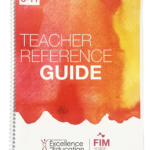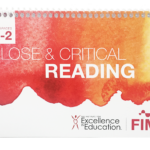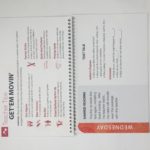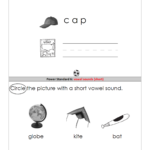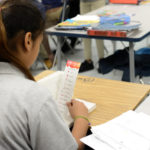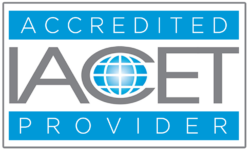"Only the brave teach."
FIM English Language Arts (ELA)
Early Literacy
Focused Instructional Model (FIM) Early Literacy, for grades kindergarten through second, supports students in developing a deep understanding of critical reading components. FIM Early Literacy focuses around: (1) Common core State Standards (CCSS) reading and writing foundational skills, (2) close and critical reading skill, (3) speaking and listening skill, and (4) responding to text depending questions. The goal of FIM Early Literacy is to bridge the gap of reading deficiencies so students are on track and on target for reading proficiency by grade 3. This is accomplished through repetitive exposure to grade-level content while providing the teacher with formative data to support in-class intervention.
Early Literacy can now include our Partners in Practice program! Click here to learn more.
*FIM Early Literacy is on the Michigan Department of Education '19-'20 Research-Based Effective Literacy Instruction Professional Learning List. Click here to learn more.
ELA
FIM ELA, for grades third through eleventh, supports students’ learning as classroom instruction transitions form “learning to read” to “reading to learn.” The Common Core State Standards emphasize three key shifts in literacy: (1) regular practice with complex text and academic vocabulary, (2) reading, writing and speaking grounded in evidence from text, and (3) building knowledge through content rich nonfiction. FIM ELA delivers on all three shifts by developing the necessary habits of readers to support students as they are challenged with a complex piece of informational text.
Professional Development
During a two-day workshop, teachers deepen their understanding of the English Language Arts State Standards. Teachers also explore the social-emotional skills the students must master in order to think creatively and innovatively. After six weeks of implementation, teachers return for one day of professional development focused on examining student progress monitoring data and considering instructional implications based on the data analysis.
Coaching
Facilitated by trained coaches, teachers participate in ongoing, job-embedded coaching and support to assist individual teachers with FIM operations in the classroom. FIM coaches model lessons, facilitate data conversations and guide teachers through the challenges of implementation.
Materials
FIM electronic materials: The annual subscription provides teachers with access to the question templates and progress monitoring assessments customized to their school and grade.
Brag Tags: Students are motivated by small extrinsic rewards. The FIM Cognitive and Non-Cognitive Brag Tags reward students who have demonstrated content mastery and positive social-emotional skills.


